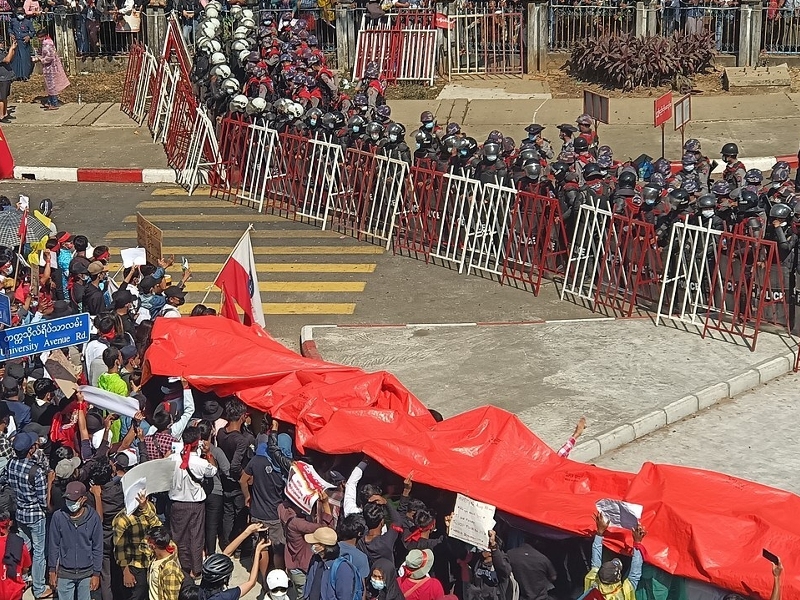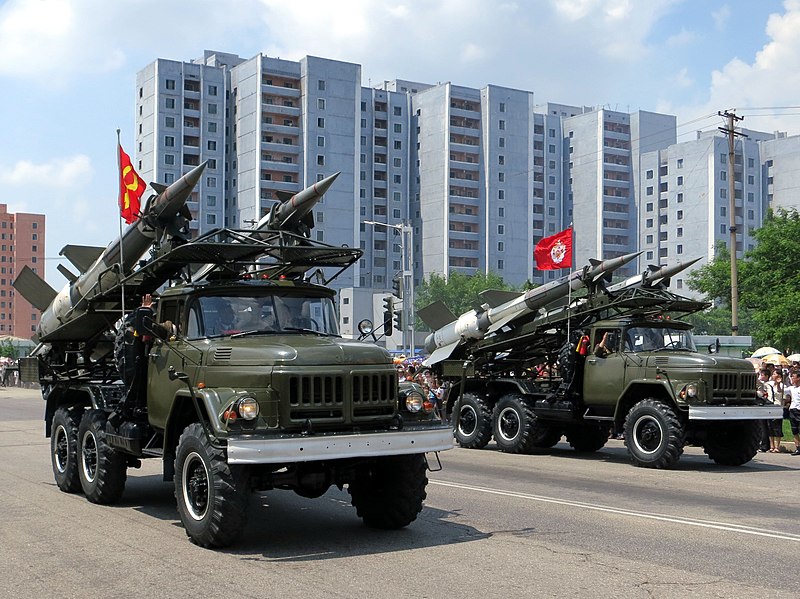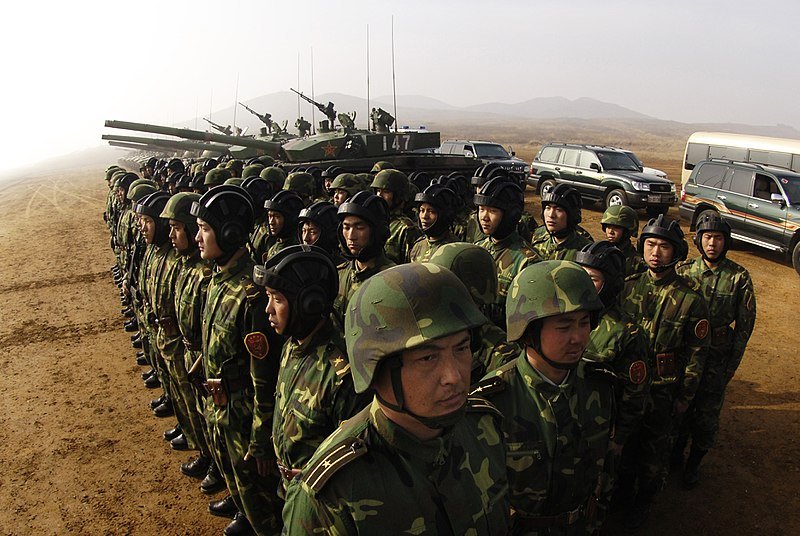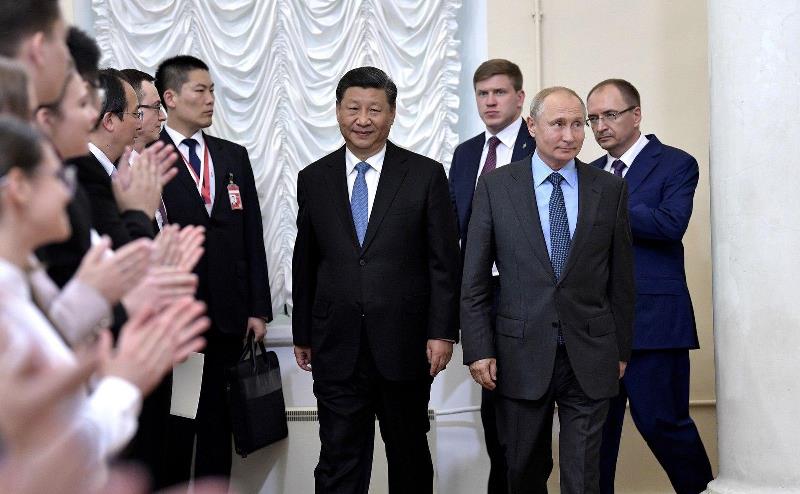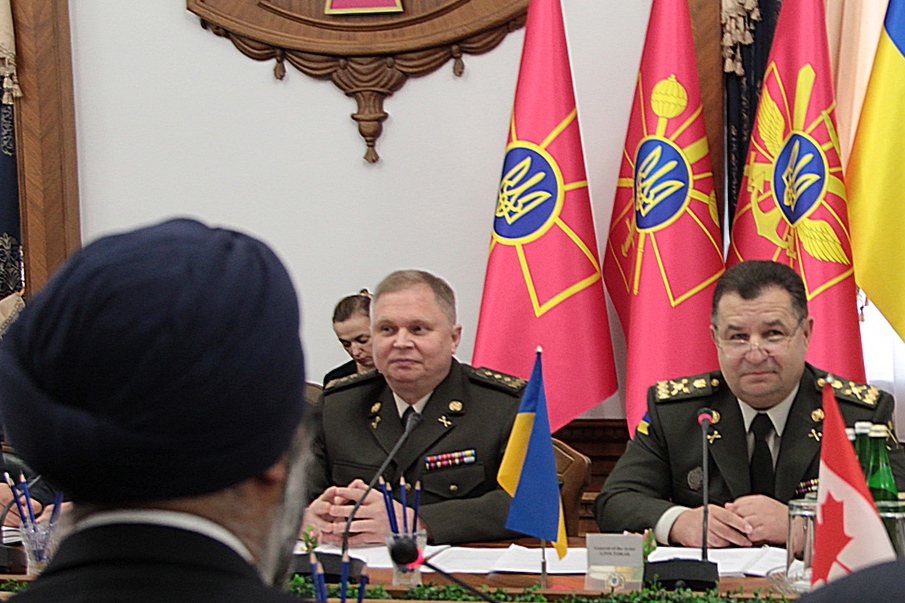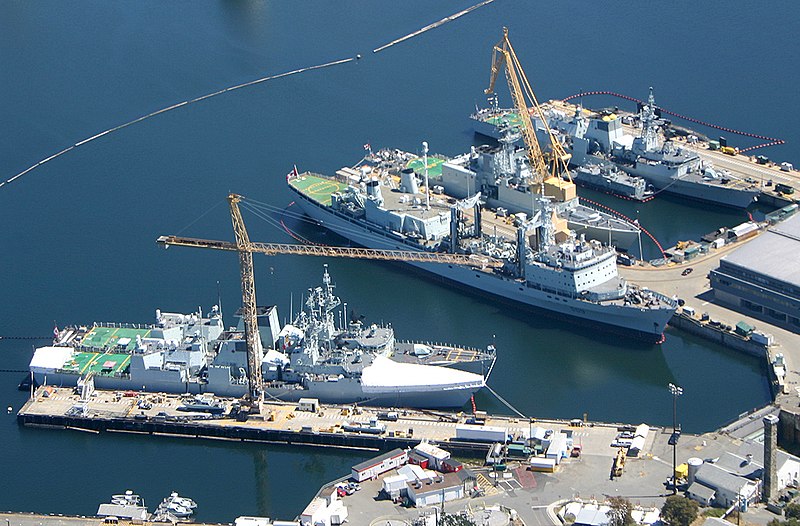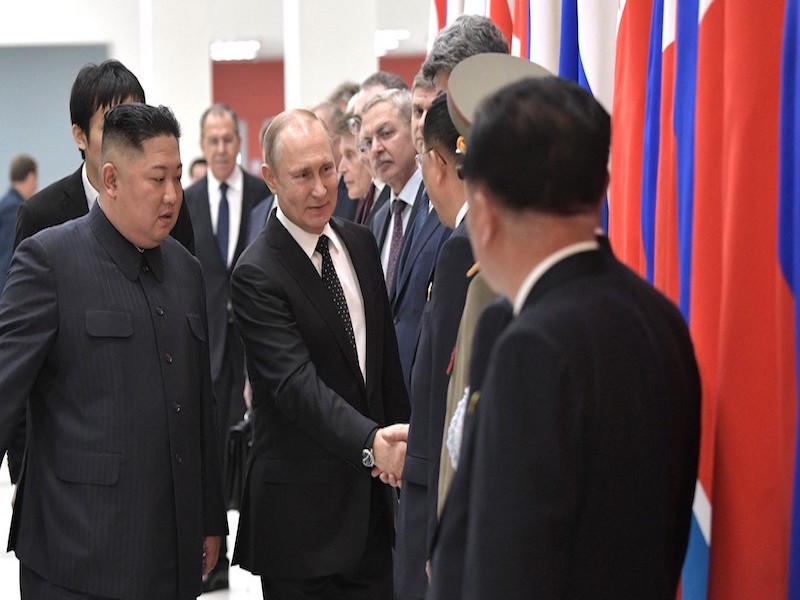The country of Myanmar is a failing state, where a civil war is raging on between the military and pro-democratic resistance groups. In February 2021, the military succeeded in staging a coup that overthrew the National Unity Government (NUD), which was led by the elected president, Aung San Suu Kyi. Since then, the NUD has Read More…
Indo-Pacific and NATO
The Indo-Pacific is the geopolitical centre of the world and combines the Asia-Pacific and the Indian Ocean into a single region. As a strategic concept, the Indo-Pacific captures the interest of global powers like the U.S., China, India, Australia, Japan, and the UK, and tests NATO’s ability to adapt and maintain global peace in an inter-connected world. The program’s mandate is to provide Canadians with an analysis of security challenges in the region and to uncover the interplay of global powers, amidst emerging multipolarity in the region.
Special Report: Should South Korea Get Nukes? The Rise of Nuclear Popularity and the Quest for Strategic Stability on the Korean Peninsula
Abstract: Given North Korea’s recent advancement in its nuclear weapons development program, should South Korea finally acquire the nuclear bomb? In this article, Program Editor Mark Davis Madarang Pablo analyzes the prospects of Seoul becoming a nuclear-armed state and provides policy options for the United States and the broader NATO Plus Alliance to assist in Read More…
The Geostrategy of China’s Belt-and-Road Initiative: Policy Options for NATO Member-States and Global Partners in the Indo-Pacific
Abstract: How should NATO member-states and global partners approach the geostrategic dimension of the BRI? In this article, Program Editor Mark Davis Madarang Pablo examines the expansion of military and paramilitary activities in developing countries linked with China’s emerging integrated network of mega-infrastructure projects across the Indo-Pacific. All Roads Lead to Beijing? The Geostrategy of Read More…
On China’s Peacemaking Role in Ukraine, Europe is Tragically Divided Along West and East Lines
Abstract: In this article, Research Analyst Andrew Erskine assesses how Chinese peacemaking attempts in Ukraine are dividing NATO members along West and East lines. In NATO’s 2022 Strategic Concept, the alliance remarked for the first time on how China posed a “systemic challenge to Euro-Atlantic interests, security, and values.” The document further illustrated how Beijing Read More…
Defending North America: Reflections of a Canadian who served at the heart of NORAD
Canadians may know Canada is a part of NORAD; but why are we involved? The NATO Association’s own Scott Burns spoke with Major-General Ian Patrick, former Director of NORAD Combat Operations from 1989-1992 in order to find out
Contributions to Ukraine: Is Canada Punching Below its Weight?
We hear much in the media about Canada’s contributions to Ukraine. In this article, Scott Burns reviews these contributions and evaluates them in comparison to other allied nations.
DIANA: Defence Innovation Accelerator for the North Atlantic
The war in Ukraine has shown that superior technology, especially in the areas of surveillance and communication, can help a David stand up to a Goliath. Looking forward, Canada and its NATO allies have embarked on a new initiative named DIANA that aims to help them maintain their technological cutting edge. In this article Scott Burns explains this new defence innovation project along with Canada’s exciting role.
ChatGPT – Are there Security Concerns?
ChatGPT has taken the world by storm. But are there security concerns? And if so, what can be done to address them? In this article Scott Burns provides an explanation of ChatGPT and discusses these issues.
Canada’s Indo-Pacific Strategy: An Overdue Conversation
Canada has recently published its long-awaited Indo-Pacific Strategy (IPS), which provides a comprehensive roadmap for managing opportunities and mitigating threats in the region. There are plenty of each: the opportunities to increase trade, bilateral foreign direct investment (FDI), and “person-to-person” connectivity (i.e., educational exchanges or cultural programs) are extensive across the theatre. Similarly, however, the Read More…
North Korean Arms Sales to Russia – We Should Pay Attention
The United States National Security Council has revealed that North Korea is secretly supplying Russia with arms. Scott Burns discusses why this is important and how NATO should respond.

